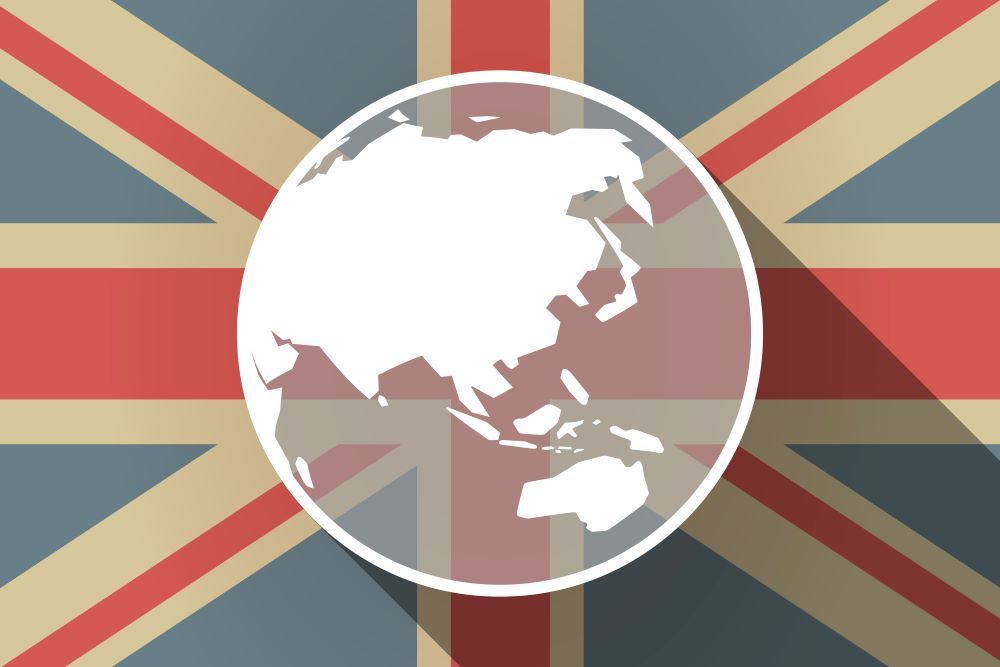
International trade minister Anne-Marie Trevelyan predicted 2022 would be a “five-star year for trade”, with the government targeting £1 trillion in exports by the end of the decade.
However, she has recently come under fire for not attending the International Trade Select Committee in the House of Commons where was expected to receive scrutiny for the post-Brexit trade deals negotiated by the Department for International Trade, which she heads.
With new trade deals forming a key part of the UK’s post-Brexit trade strategy, how close is the UK to ratifying and securing more agreements in the rest of the year?
The IOE&IT Daily Update here summarises the latest state of play in the government’s deals and negotiations.
Australia
The International Trade Select Committee is requesting more time to scrutinise Britain’s trade deal with Australia, which it claims will allow imports of food produced with pesticides banned in the UK, reports the Guardian.
Agreed in principle in June 2021, the deal is subject to ratification in both the UK and Australia.
It is the first ‘from scratch’ trade agreement secured by the government since the UK left the EU, and offers tariff reductions on UK exports in exchange for greater access to the UK for Australian farmers.
Trevelyan will face the committee tomorrow, having cancelled her scheduled appearance before it last week to announce the UK’s extension of steel tariffs to Parliament.
New Zealand
The trade minister is also facing the Select Committee tomorrow morning to answer questions about the New Zealand trade deal, signed in February.
The new Trade and Agriculture Commission (TAC), which assessed the agreement’s likely impact on food standards, found that the deal was unlikely to have a significant impact, but could increase the workload of agencies that monitor compliance, reports Food Manufacture.
Meanwhile, the two countries have signed a Mutual Recognition Agreement to “fast-track customs processing for businesses and promote market access for exporters between each country”, New Zealand’s customs comptroller and chief executive Christine Stevenson told Scoop Business.
CPTPP
Britain was the first non-founder nation to seek to join the Comprehensive and Progressive Agreement for Trans-Pacific Partnership Asia-Pacific (CPTPP) when it applied last February and has stated an ambition to have secured membership by the end of this year.
The International Trade Committee has called for evidence from the public on a range of issues related to CPTPP membership, including what opportunities it presents, how to take advantage of them, how it could affect other trade deals and the impact of China’s possible membership.
Submissions are due by 2 September.
Official level talks about the UK’s application were held in Sydney in June and further meetings are expected in Tokyo in July, reports Politico.
Singapore
The UK and Singapore have signed a new Memorandum of Understanding (MoU) that builds on their existing relationship in the areas of digital government, following the signature of the UK-Singapore Digital Economy Agreement (UKSDEA) in June 2022.
As well as playing to the UK’s strengths as the world’s second largest services exporter and fifth largest digital services exporter, the UKSDEA also provides a wide range of benefits for businesses who trade in goods.
It will cut costs, slash red tape and pave the way for a new era of e-signatures and e-contracts.
The British Chambers of Commerce said it “has the potential to set the standard and could be a beacon for other nations looking to establish advanced digital trade terms with the UK”.
India
Talks with India are about to enter their fifth round as the UK looks to increase trade with one of the world’s fastest growing economies.
Boris Johnson has said he hopes for a deal by Diwali, in October, reports City AM.
Negotiators are off to New Delhi this month to for discussions on issues such as India’s barriers to City financial services firms.
Tariffs on whisky and machinery will also be on the table with India, which has been seen to be a protectionist economy in the past.
US
Britain’s stop-start negotiations with the US over a trade deal hit another bump in the road over the UK announcement of plans to unilaterally change parts of the Northern Ireland Protocol.
The Biden administration has warned that the plans are “not conducive” to an agreement, reports the Guardian.
A US government trade mission has also revived Trump-era demands for “equitable access” to the British market for its food and farm exports ahead of any possible free trade deal, reports the Grocer.
US Department of Agriculture deputy secretary Jewel Bronaugh urged British officials and the food industry to “be forward-thinking” about US-sourced goods, which she claimed were “the safest in the world”.
The UK did, however, sign its first state-level deal with Indiana in May.
Canada
Boris Johnson and his counterpart Canadian PM Justin Trudeau met at the recent G7 summit and welcomed progress in bilateral talks since the launch of negotiations for a new UK-Canada Free Trade Agreement in March.
As previously covered in the IOE&IT Daily Update, hormone-treated beef could be an issue in the talks as Canada is more relaxed about the treatment than the UK.



